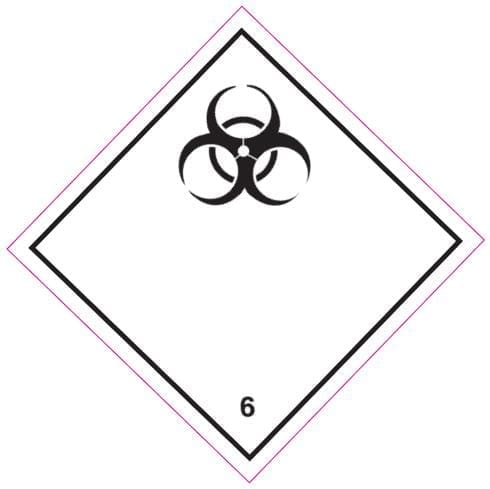The UK Department for Transport continue to support the UK dangerous goods supply chain through the COVID-19 pandemic. Their actions are helping to alleviate some of the challenges industry are currently facing in this crisis and their actions should be commended.
Today they provided the following update:
- Multilateral Agreements Signed
The UK has countersigned a multilateral agreement with other ADR States, extending the validity of all existing ADR Driver Training and Dangerous Goods Safety Adviser (DGSA) certificates due to expire between 1 March 2020 and 1 November 2020, until 30 November 2020. The UK has also countersigned a multilateral agreement which mirrors this extension for rail DGSA certificates. Both multilateral agreements have now been published online:
- Multilateral Agreement M324: Extension of ADR Driver Training and DGSA certificates.
- Multilateral Special Agreement RID 1/2020: Extension of DGSA certificates.
Copies of all RID/ADR multilateral agreements and further information may be found online via the UN and OTIF websites: UNECE – Multilateral Agreements | OTIF – Latest Documents.
The UK has today countersigned two further multilateral agreements on extending the periodic inspection and test expiry date for pressure receptacles and closed cryogenic receptacles carrying certain class 2 gases:
- Multilateral Agreement M326: For the Road mode.
- Multilateral Special Agreement RID 3/2020: For the Rail mode.
- Authorisations Issued
DfT has granted a new authorisation which provides a temporary exemption from the ADR vehicle certification test for EX, FL and AT vehicles and MEMUs. This authorisation has been published online: Authorisation number 945: annual inspection waiver.
DfT has granted a new authorisation which permits newly qualified or requalified ADR Drivers to be able to carry dangerous goods loads without being in physical possession of their ADR licence. This is because at the current time SQA are unable to produce them. Such drivers must instead be in possession of Authorisation number 946 which can be obtained directly from the SQA upon passing the ADR driver examination. Drivers already in possession of a valid ADR licence must continue to carry it when transporting dangerous goods.
- Guidance Published
DfT has issued guidance to support laboratories and hospitals to comply with packaging and transport requirements of patient specimens suspected of containing COVID-19. This guidance has been published online: Packaging and transport requirements for patient samples – UN3373.
- Petroleum Driver Passport (PDP) Scheme Amendments
The Downstream Oil Distribution Forum (DODF) has announced changes to the PDP Scheme and published details about this new policy online: PDP Scheme Changes. These changes include:
- An extension of the validity of Petroleum Driver Passports. All driver PDP cards, which expire between 1 March 2020 and 1 November 2020, will now remain valid until 30 November 2020. These cards will be renewed for five years if a driver has passed their written and practical assessments before 1 December 2020. This is in line with the MLA on ADR certificates countersigned by the UK.
- A relaxation of the annual training requirements. The rule that annual refresher practical assessments must be taken no more than four months prior to a driver’s annual anniversary date have been relaxed – drivers can now complete their annual classroom and practical assessments at any point in the current calendar year up to 31 December 2020. Arrangements have been made to avoid cost penalties. Annual classroom training is unchanged and must take place within the same calendar year as the annual practical assessment.

